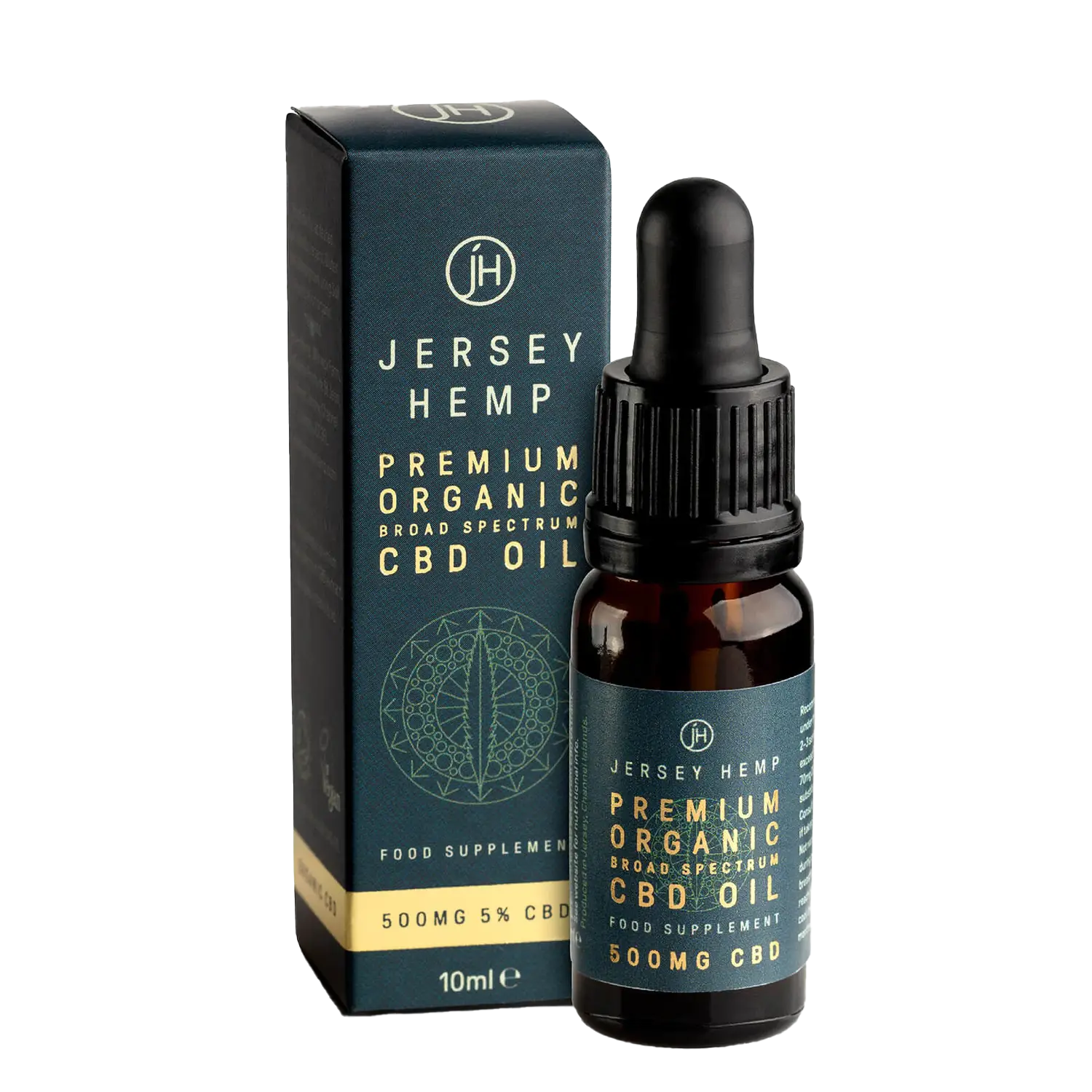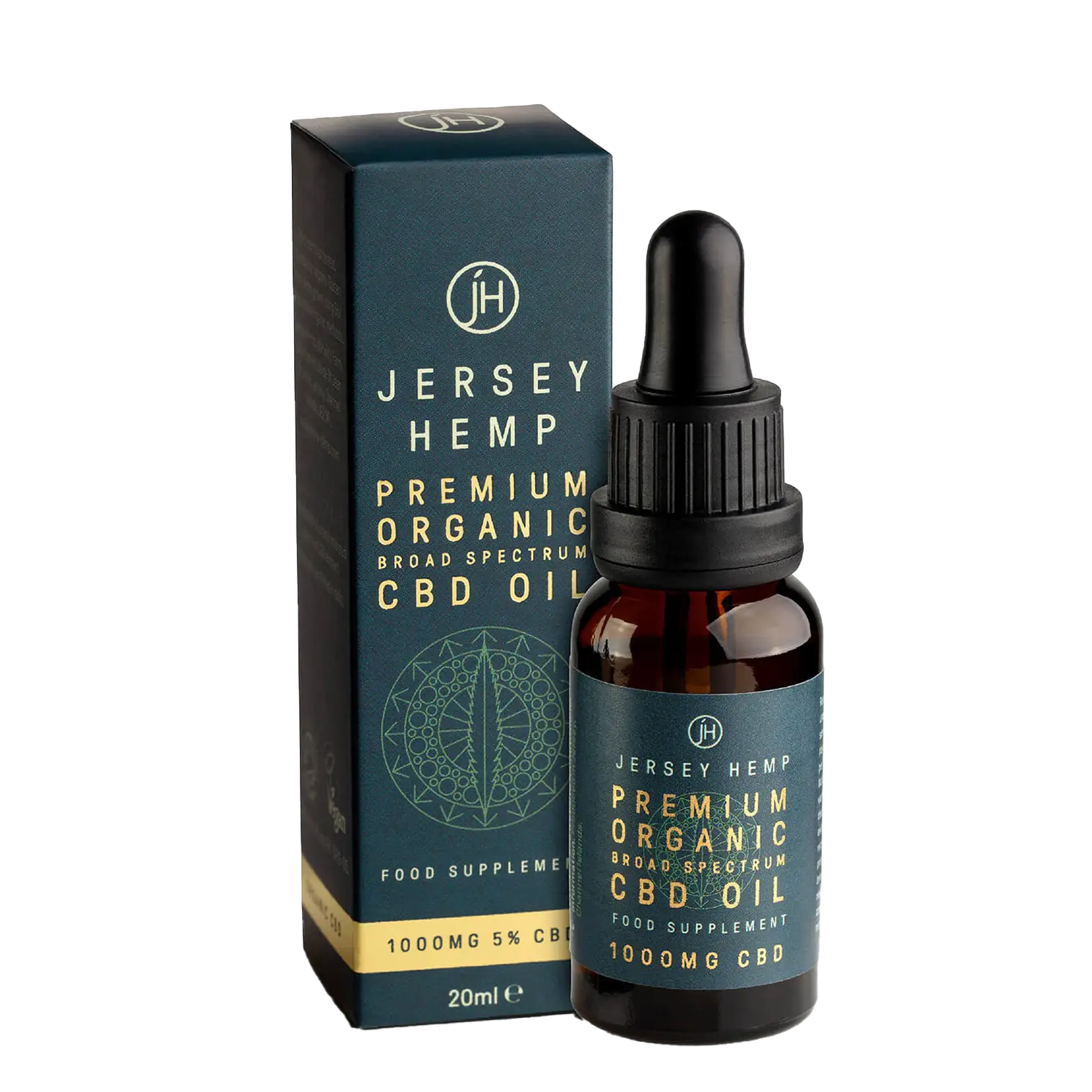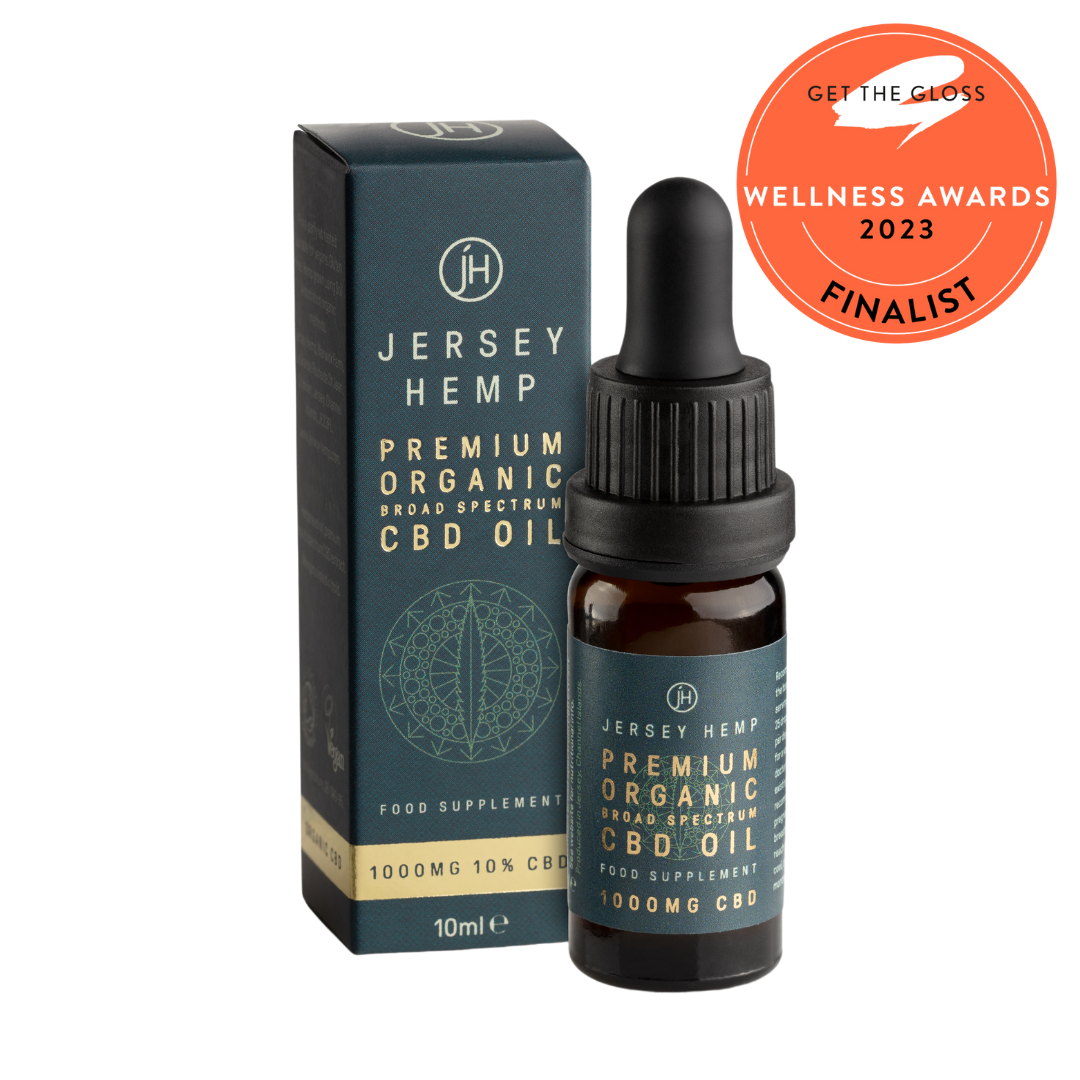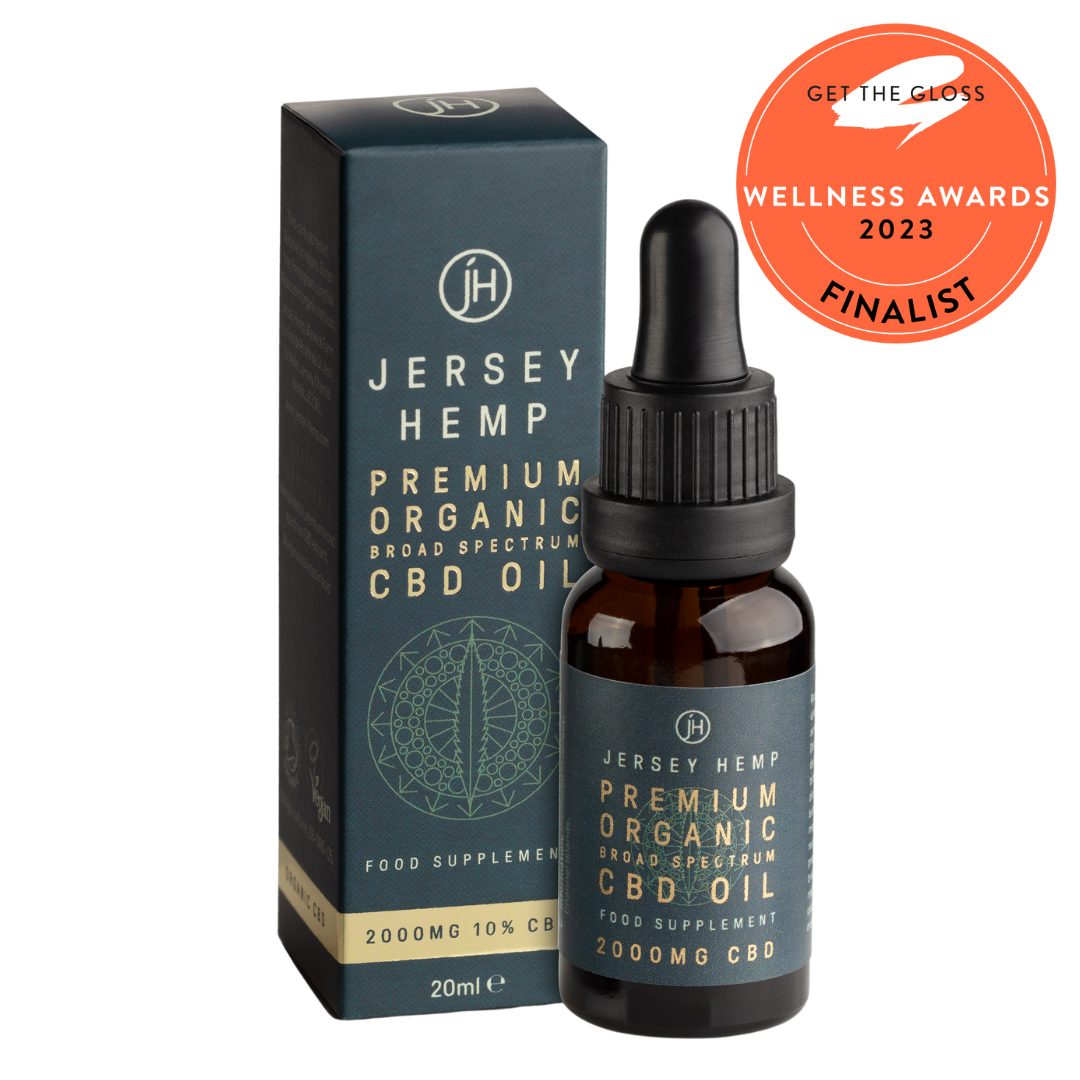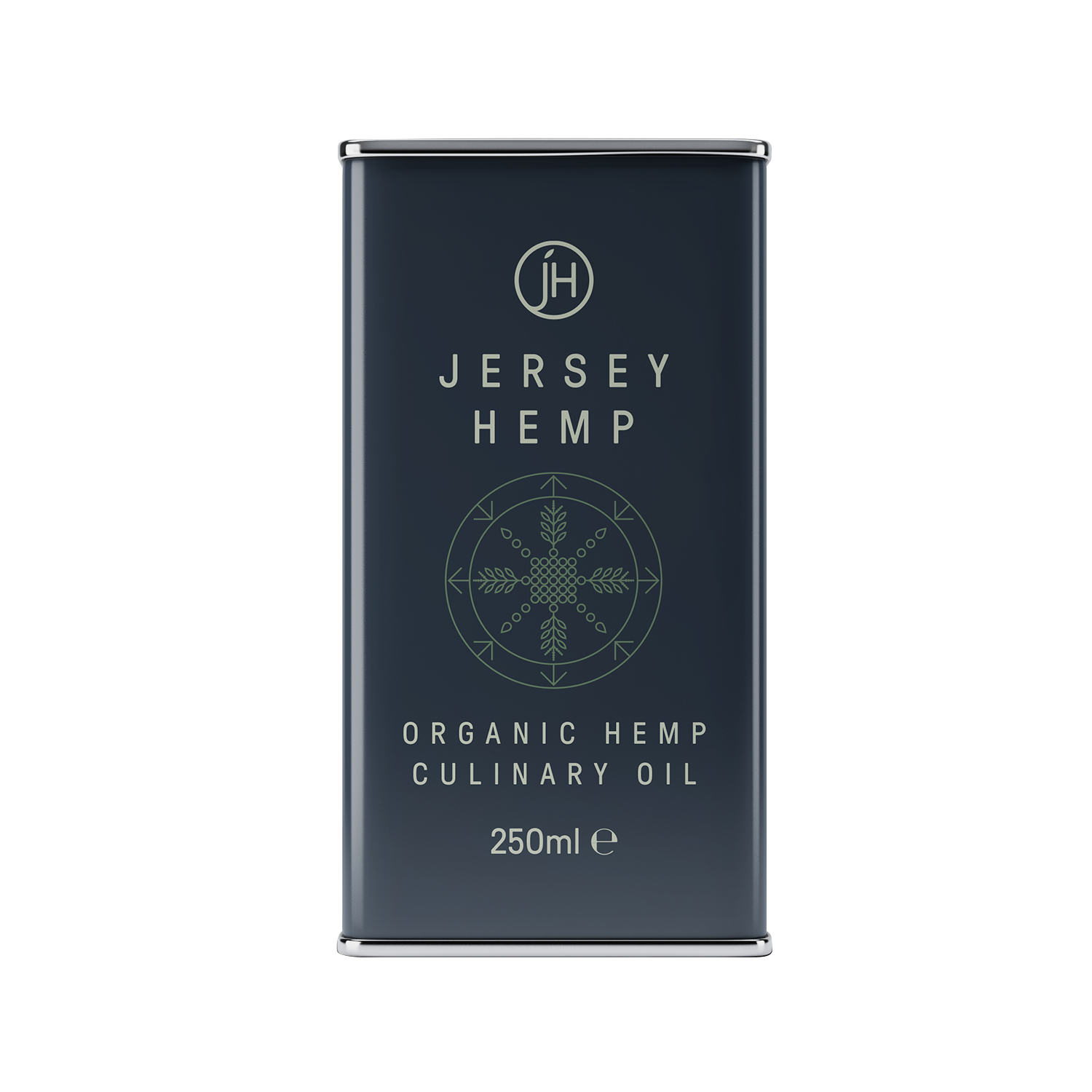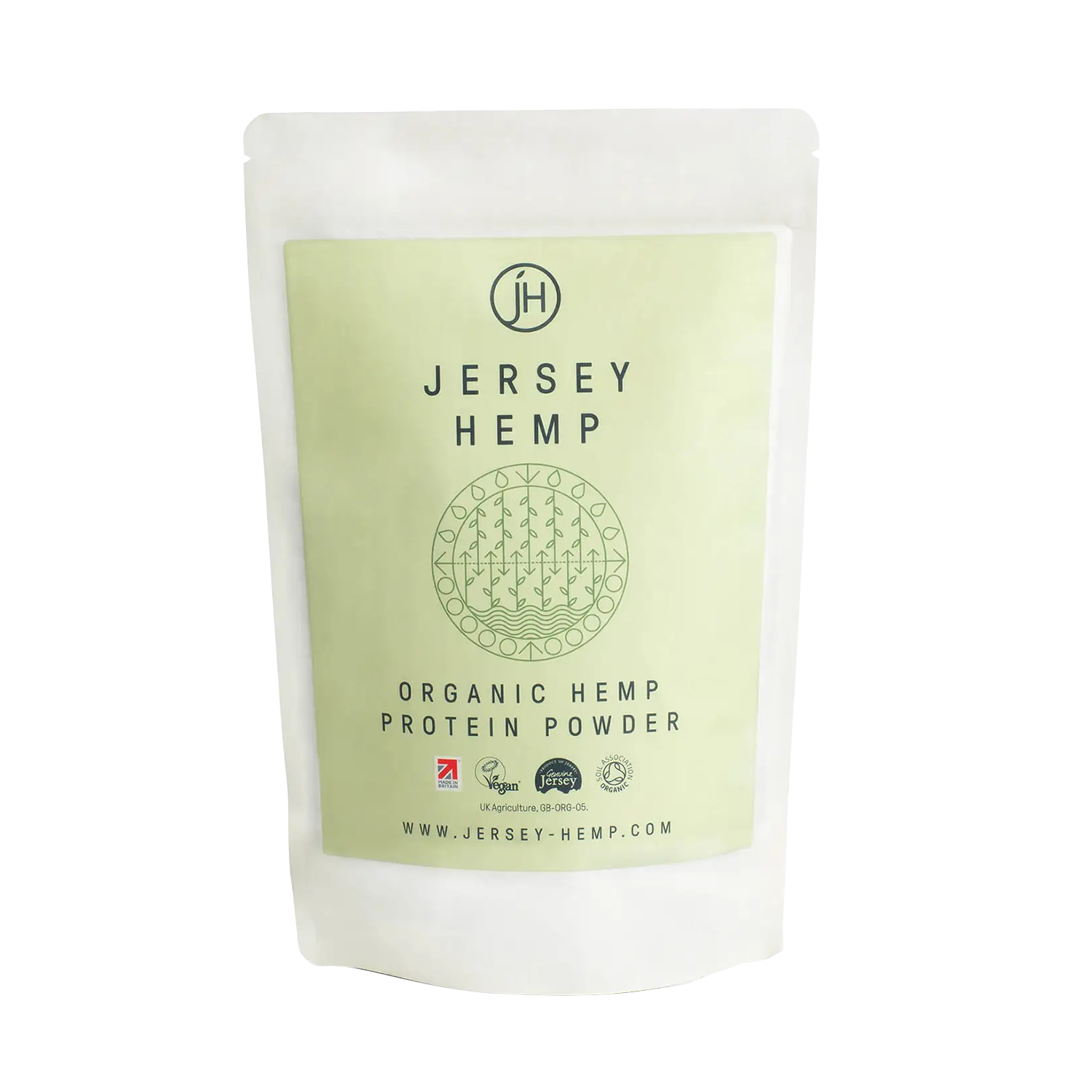How does CBD oil interact with medication?
CBD is a popular natural remedy backed by increasing evidence of its therapeutic value for people suffering from chronic pain, anxiety, sleeping problems and other illnesses.
Also known as cannabidiol, CBD is one of a number of compounds called cannabinoids found in hemp or cannabis plants but unlike THC, the psychoactive ingredient in cannabis, CBD won't get you high. It is sold as a bottled oil, in vaping liquids, as capsules and chewable gummies and in cosmetics and creams.
CBD is generally regarded by both clinicians and international agencies such as the World Health Organization as safe, with only minor side-effects.
However, there is another important consideration for anyone thinking of using CBD – its potential interactions with prescribed medications. Here, we'll look at the mechanisms by which CBD influences some of these drugs and list a number of medications that experts say should not be combined with CBD without medical advice.
How CBD Can Affect Medication
Whenever a drug or any potentially toxic compound enters your body it goes through the process of metabolisation. That means it’s broken down into other chemicals that are then excreted.
Drug metabolism happens in many areas of the body – including the intestines, lungs, kidneys and the blood (plasma) – but the majority of it takes place in the liver and is carried out by a group of enzymes called Cytochrome 450 or CYP450.
Certain substances can affect the action of CYP450 enzymes, thereby slowing down or speeding up the metabolism of medication.
CBD inhibits a specific CYP450 enzyme, CYP3A4, which is responsible for metabolising a large proportion of clinically prescribed medications. When a metabolic enzyme is inhibited, drugs may not be broken down as fast as they normally would be.
This can lead to medication building up in the body, potentially increasing its effects beyond what is required or safe, as well as intensifying any side-effects of the drug.
CBD may also inhibit other enzymes in the CYP450 family, including CYP2C9, which could lead to interactions with other drugs.
How Medication Can Affect CBD
As well as inhibiting the action of certain CYP450 enzymes, CBD is itself also metabolised by them, specifically CYP2C and CYP3A enzymes. Some medications can actively affect the action of these enzymes. Antibiotic metronidazole (brand name Flagyl), for example, can inhibit CYP2C9, while anti-seizure medications carbamazepine (Tegretol) and phenytoin (Dilantin) can speed up the effect of CYP3A4.
Since CBD is metabolised by these enzymes, drugs that inhibit or increase their effect may reduce or increase the amount of CBD in the body.
Which Drugs Does CBD Interact With?
Initial studies have shown that CBD can influence the amount of certain medications in the body (although not necessarily to dangerous levels). However, research into CBD drug interactions is currently limited. It is therefore not possible to provide an exhaustive list of drugs that may have adverse interactions with CBD and you should always talk to your doctor before taking CBD alongside an existing medication.
However, one rule of thumb is not to take CBD with a drug that carries a ‘grapefruit warning’, unless medically advised.
-
Grapefruit Warnings
Many medications carry a warning not to combine them with grapefruit or grapefruit juice, or the flesh or juice of related fruits including Seville oranges, tangelos and pomelos. That’s because these fruits contain chemicals called furanocoumarins which inhibit the action of cytochrome enzyme CYP3A4. This may lead to increased levels in the body of any medication that requires CYP3A4 to metabolise it, and therefore potential adverse effects.
For example, anti-arrhythmia agent amiodarone and anti-cancer agent nilotinib taken with fruits containing furanocoumarins can sometimes lead to sudden cardiac arrest. And certain (but not all) statins – used to control cholesterol levels – can increase the risk of acute kidney failure when combined with furanocoumarins.
A study published in 2013 noted that more than 85 drugs were then known or predicted to interact with grapefruit and related fruits and that more than 40 could cause serious side-effects. It also warned that more of these types of drugs were being introduced all the time.
-
Grapefruit Warnings and CBD Use
Since CBD inhibits the same enzyme, CYP3A4, as the furanocoumarins in grapefruit and other fruits, it may have similar effects. That means you should avoid taking CBD with medication that carries a grapefruit warning.
However, as discussed below, just because a medication does not carry a grapefruit warning that does not mean it is safe to take with CBD.
-
Which Drugs Carry Grapefruit Warnings?
The NHS says that some – but not all – drugs within the following groups should not be taken with grapefruit. However, it points out that the list is not comprehensive and says patients should check the information leaflets that come with their particular medication or consult their GPs.
- Statins – cholesterol medicines
Statins are used to lower certain types of cholesterol. Grapefruit does not affect all statins but it does interact with:
- Simvastatin
- Atorvastatin
-
Calcium channel blockers – blood pressure medicines
Calcium channel blockers are used to treat high blood pressure (hypertension) and coronary heart disease by relaxing artery walls. You are advised to seek medical advice before consuming grapefruit if you are taking any of the following medicines:
- amlodipine
- felodipine
- isradipine
- lacidipine
- lercanidipine
- nicardipine
- nifedipine
- nimodipine
- verapamil
However, the NHS says that grapefruit juice does not affect the calcium channel blocker diltiazem.
-
Ciclosporin and immunosuppressants
There are a number of medications designed to supress immune responses that should not be combined with grapefruit without consulting your doctor. Ciclosporin is used to treat rheumatoid arthritis, while sirolimus and tacrolimus help to prevent the body’s rejection of transplant organs.
- Ciclosporin
- Sirolimus
- Tacrolimus
-
Entocort / budesonide
The NHS warns patients taking Entocort, which contains the active ingredient budesonide, not to consume any grapefruit. Entocort is used to treat the inflammatory bowel condition Crohn’s disease.
-
Cytotoxic medicines
Cytotoxic medications, sometimes known as antineoplastics, prevent cell replication or growth and are used to treat cancers. The NHS says that some of these cancer drugs may interact with grapefruit juice and that patients taking them should check with their doctors before consuming grapefruit.
***
The US Food and Drugs Administration (FDA) also mentions statins, blood-pressure drugs, organ-transplant rejection drugs and Crohn’s diseases treatments among those that should not be taken with grapefruit, and adds the following drugs as other examples, again making clear that this is not an exhaustive list:
-
Anti-anxiety drugs
The FDA says that some anti-anxiety drugs, including buspirone (brand name Buspar), can interact with grapefruit.
-
Anti-arrhythmia drugs
Anti-arrhythmia medications treat abnormal heart rhythms. The FDA mentions Pacerone and Nexterone, both of which contain the drug amiodarone, as examples that should not be combined with grapefruit.
-
Antihistamines
Antihistamines such as Allegra, containing the active ingredient fexofenadine, can interact with grapefruit according to the FDA.
-
Other CBD Drug Interactions
CBD may influence some drugs that carry grapefruit warnings, due to their shared interaction with the CYP3A4 enzyme. However, CBD also inhibits other enzymes in the CYP450 family, including CYP2C9, which could lead to adverse effects on other drugs that do not have grapefruit warnings, for example the statin Fluvastatin.
The NHS Specialist Pharmacy Service warns that doctors should be aware of the potential for interactions between medications and cannabis-based products, saying “Clinicians should take into consideration the impact of cannabis based medicinal products on pharmacodynamics as doses of other medications may need to be adjusted”.
It also reiterates that many drug interactions between cannabis-based products may yet be unknown, saying that “due to the lack of experience with cannabis-based medicinal products there may still be undiscovered drug-drug interactions...”
If you are taking any medication you should always talk to your doctor before using CBD. You should not stop taking medication prescribed by your doctor without consulting them.
Other Side-Effects of CBD
CBD products are usually considered by clinicians to be 'well tolerated', meaning it is rare for patients to drop out of medical trials due to the side-effects of CBD. In fact in many cases, researchers' interest in CBD is in part due to its low level of adverse effects in comparison with traditional pharmacological medicines.
Certain CBD users do, however, experience some side-effects, which it's worth being aware of.
A recent review of clinical studies into the therapeutic value of CBD on certain disorders found that the most common side-effects were tiredness, diarrhoea, and changes in appetite and weight.
A 2018 study of CBD users found that dry mouth was the most reported, noticed by 11% of those surveyed. Other sources suggest that CBD oil can sometimes cause nausea and mood changes.
General Safety of CBD
In a report published in 2017, the World Health Organization concluded that CBD had "a good safety profile" and did not pose any public health risks.
In 2020, the Court of Justice of the European Union made a landmark ruling that CBD is not a narcotic because “it does not appear to have any psychotropic effect or any harmful effect on human health”. Soon afterwards, the United Nations down-classified cannabis and cannabinoids such as CBD, thereby sanctioning further investigation into their medical potential.
Nevertheless, the UK’s Food Standards Agency advises as a precaution that those in vulnerable groups, such as pregnant and breastfeeding women, do not use CBD and that healthy adults take no more than 70mg per day unless advised by a doctor.
MEDICAL DISCLAIMER
The author of this article is not a medical expert and nothing in this article constitutes medical advice or gives rise to a medical practitioner/patient relationship. You should seek specialist medical advice where required. Never disregard professional medical advice or refrain from seeking it because of something you have read here.
